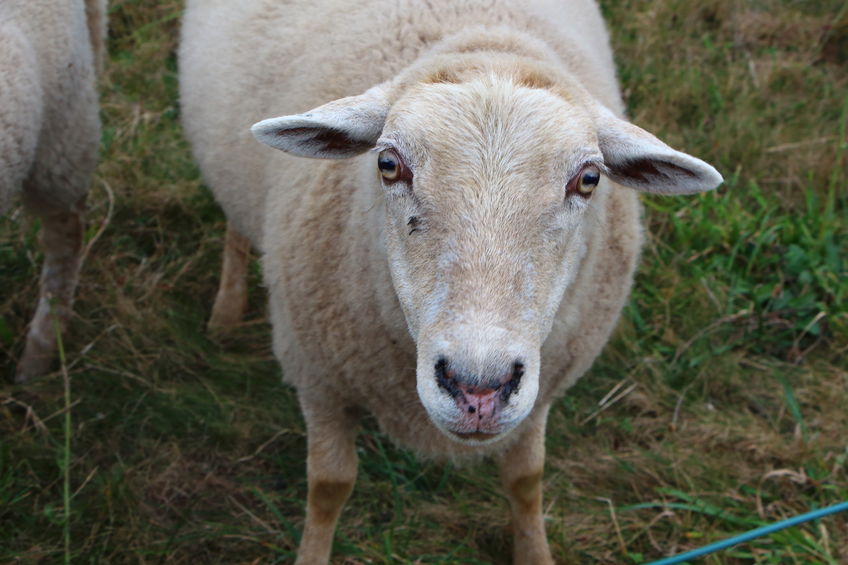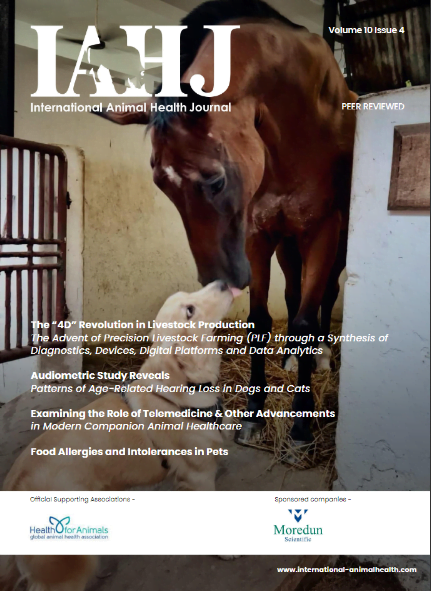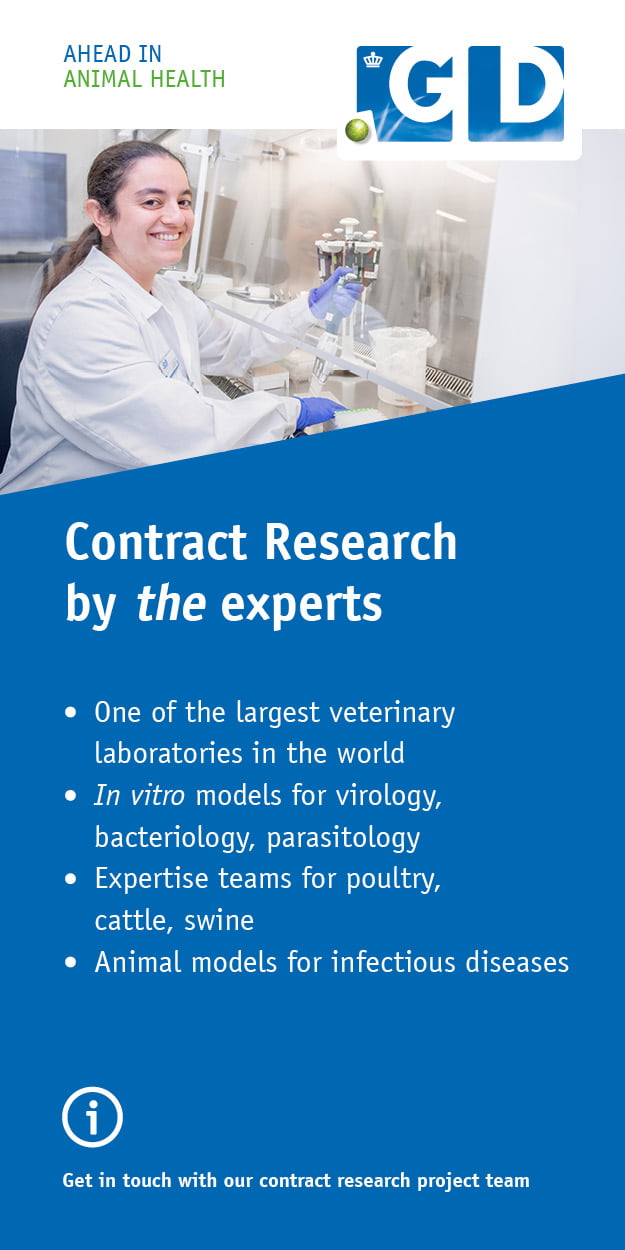
The sheep industry has called for the targeted use of antibiotics to ensure the “immediate and long-term” health of flocks.
With newborn lambs appearing around the UK, a message of responsible antibiotic use is being promoted to sheep vets and sheep farmers.
The National Sheep Association (NSA) and Sheep Veterinary Society (SVS), support by the Responsible Use of Medicines in Agriculture (RUMA) Alliance, has called for targeted use to ensure the welfare of sheep.
This message to vets coincides with the RUMA #ColostrumIsGold campaign promoting the ‘liquid gold’ properties of colostrum for newborn animals and reducing the need for antibiotics.
Phil Stocker, NSA Chief Executive, said British sheep farmers “pride themselves” on high health and welfare standards in their flocks, and so it is essential that certain ewes and lambs are treated with antibiotics at lambing time.
“Not doing so could lead to unnecessary suffering and losses. However, to preserve the efficacy of medicines in the long term, the historical approach taken on some farms of blanket treating all lambs is not appropriate,” Mr Stocker said.
’Good practice’
Mr Stocker is one of the signatories on the letter, alongside Iain Richards (Sheep Veterinary Society President) and SVS members, who are keen for all sheep vets to access the recently published SVS Good Practice Guidelines.
The letters have been coordinated by the Sheep Health and Welfare Group (SHAWG) and the sheep sector representatives on the RUMA Targets Task Force, who are Leicestershire sheep farmer and SHAWG Chairman Charles Sercombe, and sheep vet Fiona Lovatt.
Dr Lovatt said the principle concern is the number of neonatal lambs that have historically been given a prophylactic dose of antibiotic.
He said: “However, we are also concerned about anecdotal reports of the use of medicines that are not licensed for use in sheep.
“Vets are in the privileged position of being allowed to prescribe medicines under the veterinary cascade, but the use of any product that is not authorised for sheep must be fully justified and have clearly auditable, clinical evidence.”
Mr Sercombe concludes: “While the sheep sector may present one of the lowest risks and be one of the lowest users of antibiotics, there are steps we can all take – sheep vets, animal health advisors and farmers – without any negative effect on health or performance, but helping to protect the efficacy of antibiotics for the future.”











